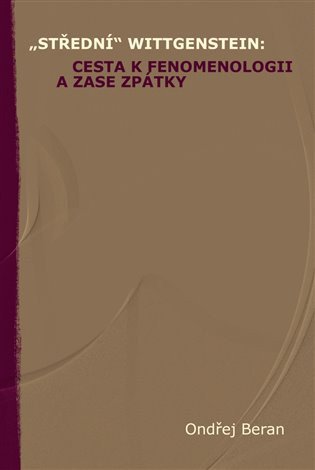Description
Ludwig Wittgenstein (1889–1951) is one of the most significant philosophers of the 20th century, and his work has fundamentally transformed and continues to influence analytical philosophy. Most readers of his writings are familiar with the so-called early and late Wittgenstein, embodied in two main works: the early Tractatus Logico-Philosophicus and the later Philosophical Investigations. However, the transition between early and late Wittgenstein was relatively long, complex, and ambiguous, and at certain points, it approached competing philosophical traditions, especially phenomenology. The fragmentary and cryptic texts of Wittgenstein resist simple and unambiguous interpretation; for this reason, many interpretative works are published worldwide. In our context, a systematic interpretative monograph dedicated to Wittgenstein has not yet been produced. The present work focuses precisely on the so-called 'middle' transitional period with its unique 'phenomenological' intuitions: on the role of 'phenomena' that lead and determine the logical form of language that speaks about the world, on the analysis of forms of color, space, and time, which are a necessary prerequisite for meaningful experience, i.e., experience articulated by meaningful language, or on the role of the situated actor. The turn to late Wittgenstein is...
Information
Author: Beran Ondřej
Publication date: October 1, 2013
Manufacturer: Mervart Pavel Mgr.
Genres: Non-fiction literature, Books, Esotericism and spirituality
Type: Books - paperback
Pages: 253
ISBN/EAN: 9788074650666

